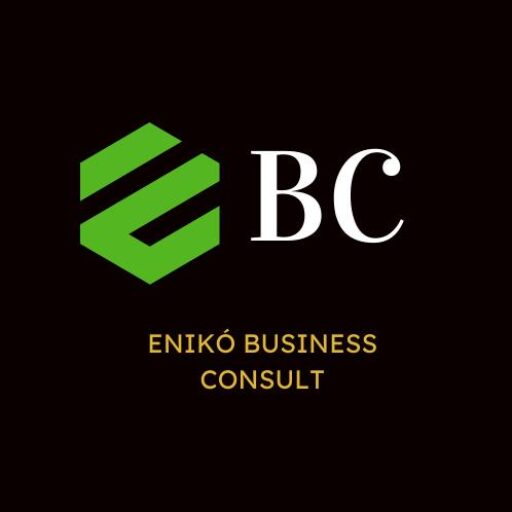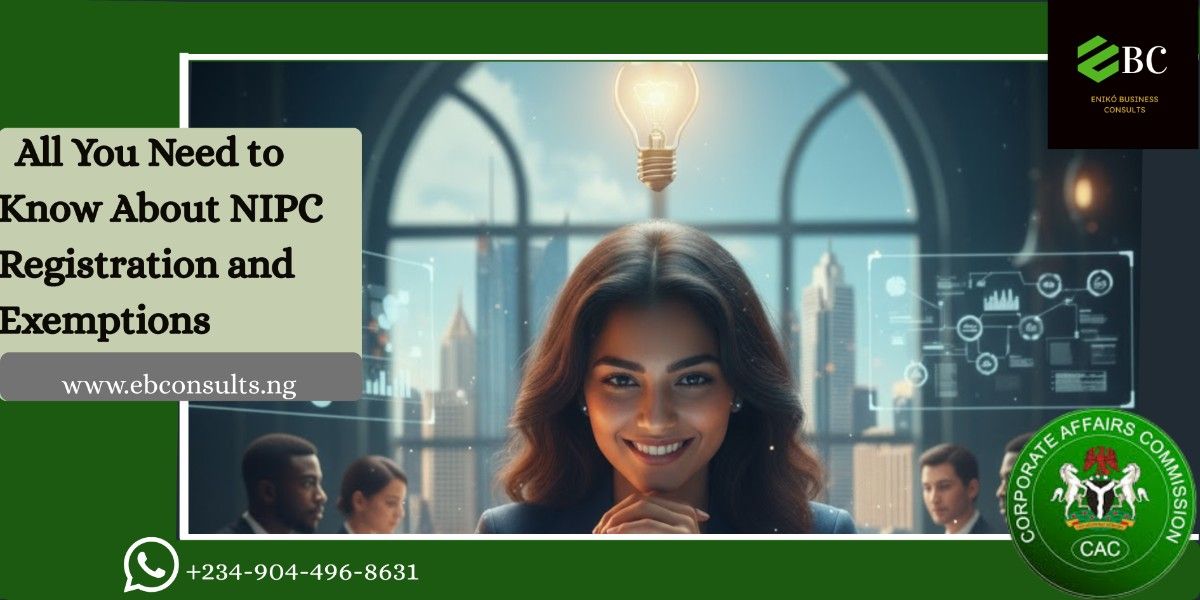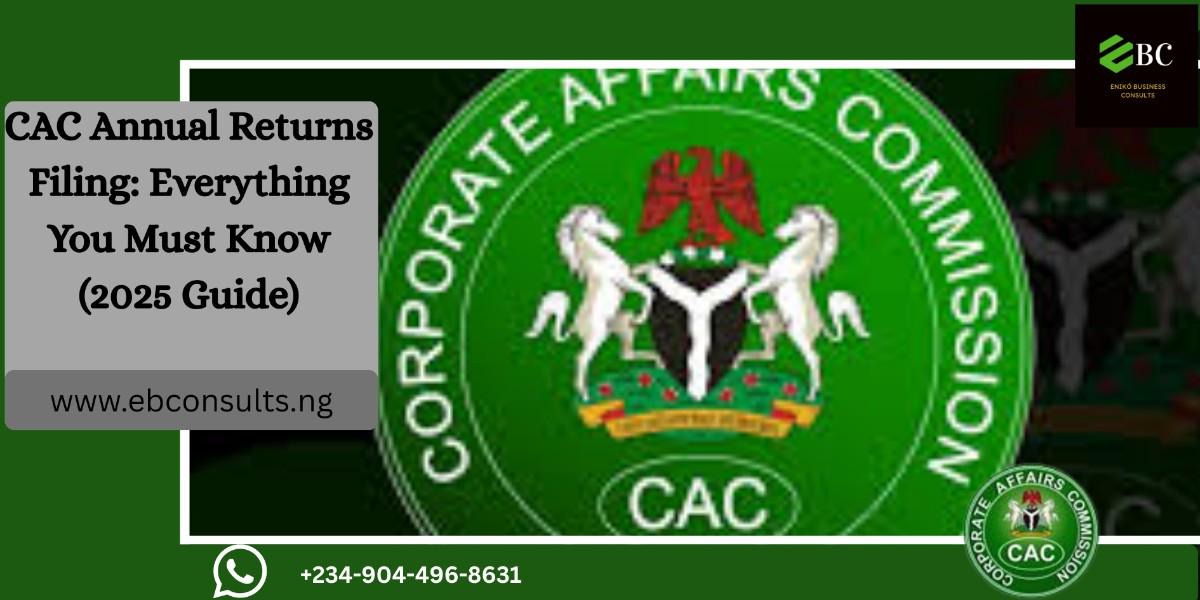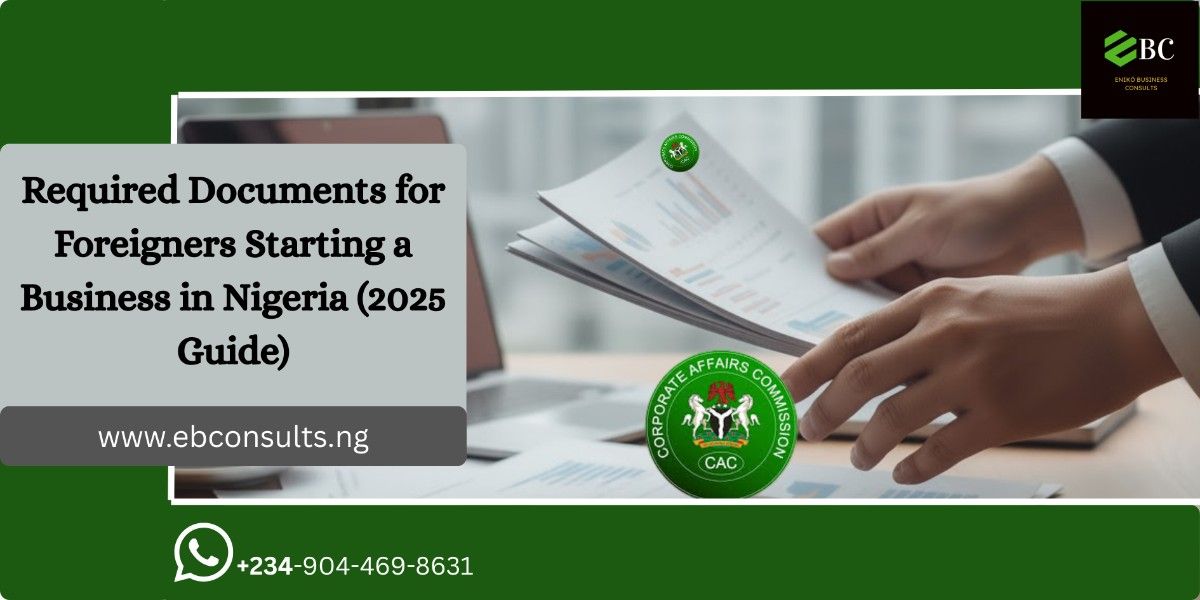
What Are Local Content Laws in Nigeria? (“Think Local, Stay Legal”)
Local content laws in Nigeria are legal frameworks designed to promote Nigerian participation in key sectors of the economy. At the heart of these laws is the Nigerian Oil and Gas Industry Content Development Act of 2010, which birthed the Nigerian Content Development and Monitoring Board (NCDMB).
These laws require foreign investors and companies operating in Nigeria to prioritize local partnerships, workforce, goods, and services. While the oil & gas industry was the pioneer, similar local content principles now apply across telecoms, ICT, construction, and more.
Main goals include:
- Increasing Nigerian ownership and control in strategic sectors
- Creating jobs for Nigerians
- Enhancing technology transfer and local expertise
- Reducing capital flight
Why Local Content Laws Matter to Foreign Investors (“It’s Not Just Red Tape—It’s a Growth Strategy”)
Foreign companies eyeing Nigeria must understand that local content isn’t optional — it’s a strategic requirement. Here’s why:
- ✅ Mandatory for participation in government contracts
- ✅ Non-compliance can halt your operations
- ✅ Helps you build goodwill and long-term market access
- ✅ Required for licensing and business permits in many sectors
💡 Want to bid for that juicy infrastructure or oil contract? You’ll need your local content plan first.
Key Requirements of the Nigerian Local Content Law (“Read This Before You Register”)
Foreign companies must meet several core requirements:
✅ Local Ownership
- Minimum 51% Nigerian equity in some sectors
- Structured Joint Ventures (JVs) or Technical Partnerships encouraged
✅ Local Employment
- Must hire Nigerians and invest in their training
- Submit succession plans for key foreign-held positions
✅ Local Procurement
- Source materials and services locally where possible
- Submit justification if importing certain equipment
✅ Local Content Plan
- Detailed plan outlining compliance with employment, procurement, and technology transfer expectations
- Required before project approvals in oil & gas and other key sectors
✅ NOGICJQS Registration
- Mandatory for oil & gas sector players
- Centralized online portal for content compliance (managed by NCDMB)
| Requirement | Applies To | Regulator |
| 51% Nigerian Equity | Many oil & gas contracts | NCDMB |
| Local Procurement | Oil & gas, construction | NCDMB, BPP |
| Local Workforce Training | All sectors | NCDMB, NITDA |
| Content Plan Submission | Project-based | NCDMB, NCC |
Affected Sectors and Industries (“Are You On the List?”)
While oil & gas remains the poster child for local content, other sectors are actively applying similar rules:
- ⛽ Oil & Gas (Upstream and Downstream)
- 📱 Telecoms & ICT (NITDA Guidelines, NCC licensing)
- ⚡ Power & Energy (NEC & NERC procurement policies)
- 🏗 Construction & Engineering (Public procurement rules)
- ⛳ Maritime & Shipping (Cabotage Act & NIMASA guidelines)
- 🌐 Mining & Natural Resources
Common Challenges for Foreign Companies (And How to Solve Them)
Many foreign firms stumble on these pitfalls:
- ❌ Misinterpreting equity rules: Not all sectors demand 51% local ownership, but not knowing when it applies can ruin your deal.
- ❌ Partnering with non-functional local entities: Shell partnerships often trigger NCDMB audits.
- ❌ Ignoring the NOGICJQS registration: This is not optional for oil and gas players.
- ❌ Submitting generic local content plans: Must be tailored and detailed.
✅ We help review your JV structure and vet your local content strategy before regulators do.
How to Stay Compliant with Local Content Requirements (“Your Survival Kit”)
Here’s how to avoid fines, delays, or business shutdowns:
- Hire a local content consultant early
- Register on the NOGICJQS platform
- Develop and submit tailored local content plans
- Conduct periodic audits and reviews
- Build transparent local partnerships with real capacity
🌐 We provide end-to-end compliance support — strategy, documents, audits, and registrations.
Penalties for Non-Compliance (“Don’t Learn This the Hard Way”)
Non-compliance with local content laws can lead to:
- Heavy fines and levies
- Blacklisting from government contracts
- Revocation of licenses or permits
- Seizure of project assets
- Prosecution of directors for willful default
⚠ Don’t gamble with compliance. Get it right from day one.
Local Content Exemptions & Waivers (“Are There Loopholes?”)
Yes, waivers exist, but they’re tightly controlled.
When are waivers granted?
- No viable Nigerian alternative exists
- Technology is unavailable locally
How to apply:
- Submit waiver request to the relevant agency (e.g. NCDMB)
- Provide strong justification and supporting documents
- Approval is subject to audit and time-limited
❎ Waivers aren’t a shortcut; they’re a temporary fix. Plan for localization.
Step-by-Step: Local Content Compliance Checklist for Foreign Investors
- Register company with CAC
- Secure Business Permit and NIPC registration
- Define partnership/JV structure with Nigerian entity
- Register on NOGICJQS or relevant platforms
- Draft and submit Local Content Plan
- Onboard and train Nigerian employees
- Monitor and report local content metrics regularly
✅ Download our free Local Content Checklist [here]
FAQs About Nigeria’s Local Content Rules for Foreigners
Q: Can a foreign company operate 100% alone in Nigeria?
A: Not in most strategic sectors. You’ll need Nigerian partners or show strong local content compliance.
Q: What happens if I don’t meet the requirements?
A: Your license or project could be denied, revoked, or blacklisted.
Q: Do local content laws apply in tech and telecom?
A: Yes. NITDA and NCC now enforce localization policies and procurement standards.
Q: What if my project requires only foreign experts?
A: You can apply for a skills waiver, but must train Nigerians to take over eventually.
Let’s Get Your Local Content Strategy Right
📲 Book a free call with our Nigerian local content consultants:
- JV Structuring and Partnership Vetting
- Local Content Plan Drafting & NOGICJQS Registration
- Full Setup: CAC + NIPC + Business Permits + Compliance Support
💼 We’ve helped over 100+ foreign firms thrive in Nigeria while staying 100% compliant. Yours could be next.
Suggested Internal Links
- How to Obtain a Business Permit in Nigeria as a Foreign Investor
- Required Documents for Foreigners Starting a Business in Nigeria
How to Apply for an Expatriate Quota and STR Visa in Nigeria












